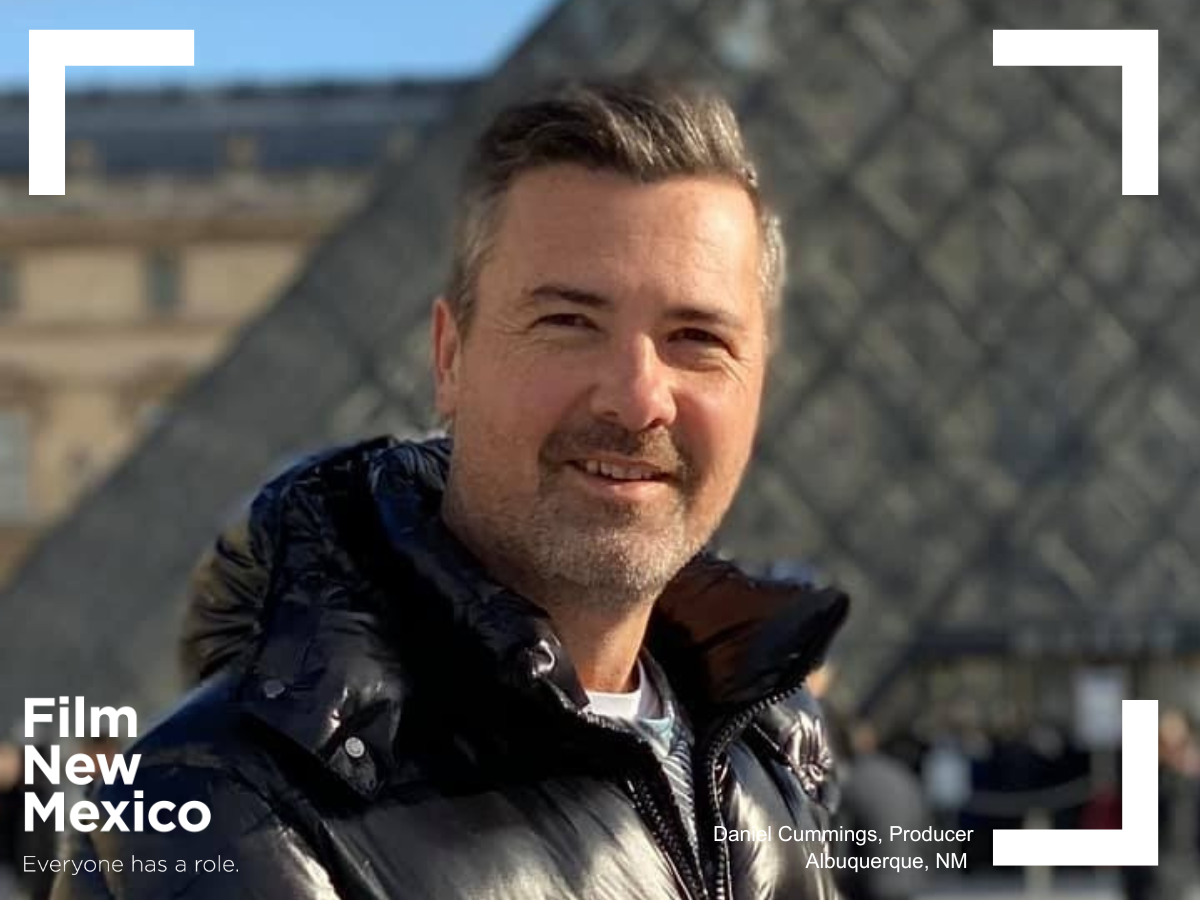
NMFO: What made you want to get into the film industry?
DC: The idea of being a film producer offered an unparalleled opportunity to be the driving force behind stories that can inspire, challenge, and transform the world.
NMFO: For those who may not know, what does a producer do?
DC: Imagine a restaurant. The general manager of this restaurant is responsible for making sure everything runs smoothly. This includes deciding on the budget, securing the right location, hiring staff, marketing the restaurant, ensuring the menu appeals to the target audience, managing finances, and handling any unexpected issues that may arise. The general manager's main goal is to ensure the success of the restaurant by overseeing all its various aspects, from the big picture down to the smallest details.
In the world of film, the producer is like this general manager. The film producer ensures that all the pieces of a film come together. This includes raising funds, securing a script, hiring key personnel (like the director, cast, and crew), overseeing the budget, coordinating schedules, and handling marketing and distribution. The producer's job is to make sure that the film is completed on time, within budget, and to the satisfaction of all stakeholders.
Now, think of the chef in the restaurant. The chef's primary responsibility is the food — crafting the menu, selecting the ingredients, and overseeing the cooking. The chef needs to understand flavors, techniques, and the overall vision of what the final dish should be like. While the general manager may provide input on the type of cuisine or the overall theme of the restaurant, the chef is the one who brings that vision to life in the kitchen.
Similarly, in a film, the director is like the chef. The film director takes the script (the 'menu') and brings it to life on screen. The director decides on the look, feel, and tone of the film, works closely with the actors to get the right performances, and collaborates with the cinematographer, production designer, and other crew members to ensure the film’s vision is realized. The producer might provide feedback and guidance, but the director is the one executing that vision.
NMFO: Your last few productions have been in Southern New Mexico. "The Locksmith" and "Confidential Informant" in Las Cruces, and "The Best Man" and "The Christmas Classic" were filmed in Ruidoso. Why do you want to keep producing films in New Mexico?
DC: The main reasons I want to continue filming in New Mexico is because of the hard-working and skilled crew base mixed with a beautiful landscape and a great incentive with a supportive film office.
NMFO: What advice would you give someone trying to break into the film industry here in New Mexico?
DC: If you live in New Mexico, there is no better time to pursue a career in film than now. Attend networking opportunities, find independent films that are crewing up as they are often more likely to take a chance on someone newer to the industry, and most importantly, don’t get discouraged.
NMFO: How can people find you, and what other projects do you have coming down the pipeline?
DC: I can be reached at Daniel.s.cummings@gmail.com, and I look forward to discussing my upcoming projects as get closer.